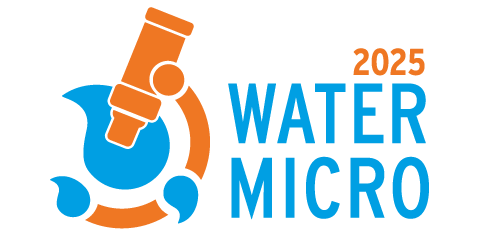There is something with the Dutch and microbiology. Who was the first to discover bacteria and protozoa? That was Antoni van Leeuwenhoek, who lived in Delft in the 17th century and built his own microscopes. His work laid the foundations for the sciences of bacteriology and protozoology. He was the first to see and document bacteria in biofilms (on teeth) and Giardia in his own diarrheal stool. And Martinus Beijerinck, a chemical engineer from Delft, with a degree from Leiden and research in Wageningen, was the first to claim (in 1898) that tobacco mosaic disease was caused by an infectious agent that was smaller than bacteria, and called it ‘virus’. He also invented the enrichment culture.
Lees verder: The Netherlands and MicrobiologyIt was Christiaan Eijkman, Nobel Prize winner and professor of Hygiene and Forensic Medicine in Utrecht, who published in 1904 that the coli bacilli from warm-blooded animals could be specifically detected by incubation at 46 rather than 37°C. We are proud of such a rich legacy in microbiology. And we have Micropia, the first museum of microbiology in the world! We are planning to organize tours to the Boerhaave museum in Leiden to see the original Leeuwenhoek microscopes and to Micropia in Amsterdam.
